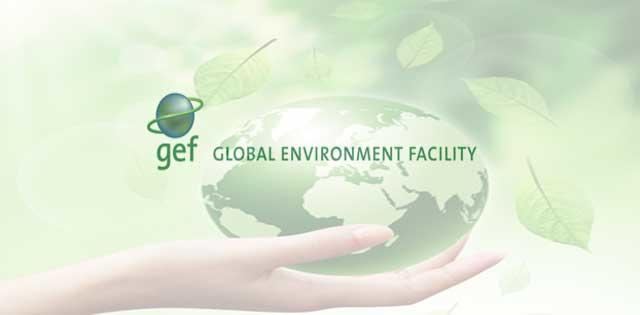UN Climate Agency Slapped With Corruption Allegations
Tyler Durden
Tue, 12/01/2020 – 04:15
The Financial Times recently acquired a draft report by the United Nations Development Program (UNDP) of audit and investigations, outlining how “fraud and corruption” have been linked to the multibillion-dollar Global Environment Facility (GEF).
FT examined the draft report which described “financial misstatements” that were discovered across UNDP’s portfolio of GEF-funded projects around the world.
“Issues identified by the audit could seriously compromise the achievement of the objectives of the audited entity,” the report said.
GEF was set up in the early 1990s with the World Bank to combat climate change. Its main objectives have been to help fight environmental challenges such as deforestation, species preservation, and pollution control. In recent years, GEF has become an independent organization with more than $21 billion dispersed in 170 countries, including $7 billion in projects managed by UNDP.
The audit covers 2018 and 2019 – comes as donor countries have raised concerns about the facility’s mismanagement of funds.
In 2019, Foreign Policy published a report on whistleblower accounts of a UNDP-managed GEF project in Russia that was found to have possible misappropriation of millions of dollars. Top donor countries, including the US, France, Australia, and Japan, have requested an independent review of UNDP’s Russian project, according to the letter seen by the FT.
“Matters of misconduct and misappropriation of funds continue to obstruct sustainable development across the world,” top donors said in March in the letter to Achim Steiner, the UNDP administrator, since 2017.
UNDP responded to the corruption allegations, saying it “takes all cases of financial mismanagement and other irregularities extremely seriously.” UNDP said it “most closely monitored” GEF projects.
“The portfolio, the majority of which are implemented by national and subnational institutions, civil society organizations as well as other UN organizations, is subject to an intricate system of regular reviews, independent assessments and audits,” the UNDP said.
UNDP also said while there have been “allegations of misuse of funds” at numerous projects, these complaints are only “a tiny fraction – 1.4% of the UNDP’s GEF-funded portfolio.
The allegations of misconduct at GEF are not the first allegations connected with the UN’s programs to fight climate change.
In August, the FT noted that UN-backed, South Korea-based Green Climate Fund, the world’s largest climate finance institution, faced internal misconduct complaints.
“The words’ climate’ and ‘corruption,’ people see these as two different worlds, but there is a lot of overlap,” said Brice Böhmer, the head of climate governance integrity at Transparency International, the global anti-corruption group.
A person familiar with the UNDP-GEF allegations told FT:
“No one is accountable; no one is responsible. The UNDP lets itself off the hook,” the person said, also asking not to be named. “These funds are intended for the poorest of the poor . . . at what point will donors [to the GEF] decide to suspend funding?”
